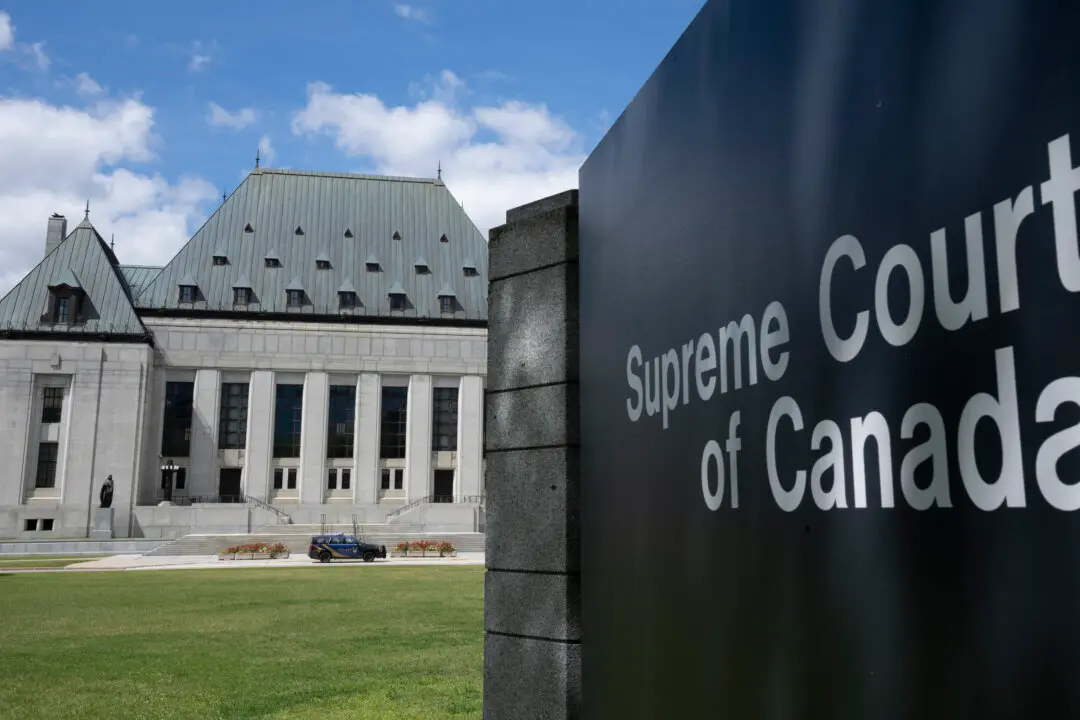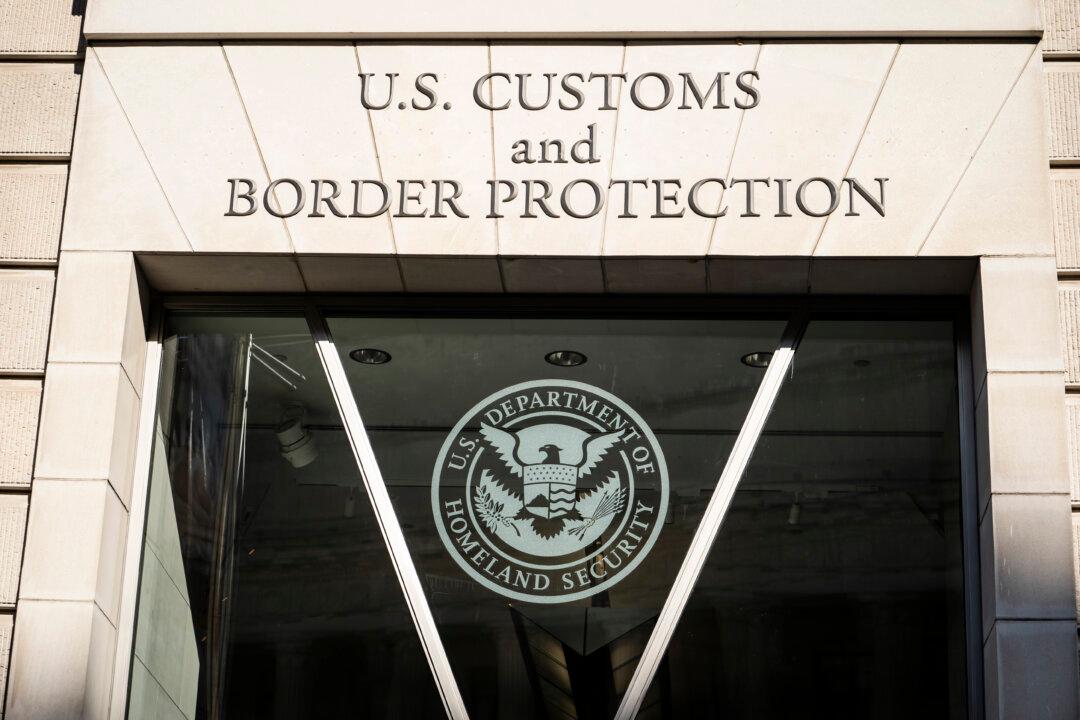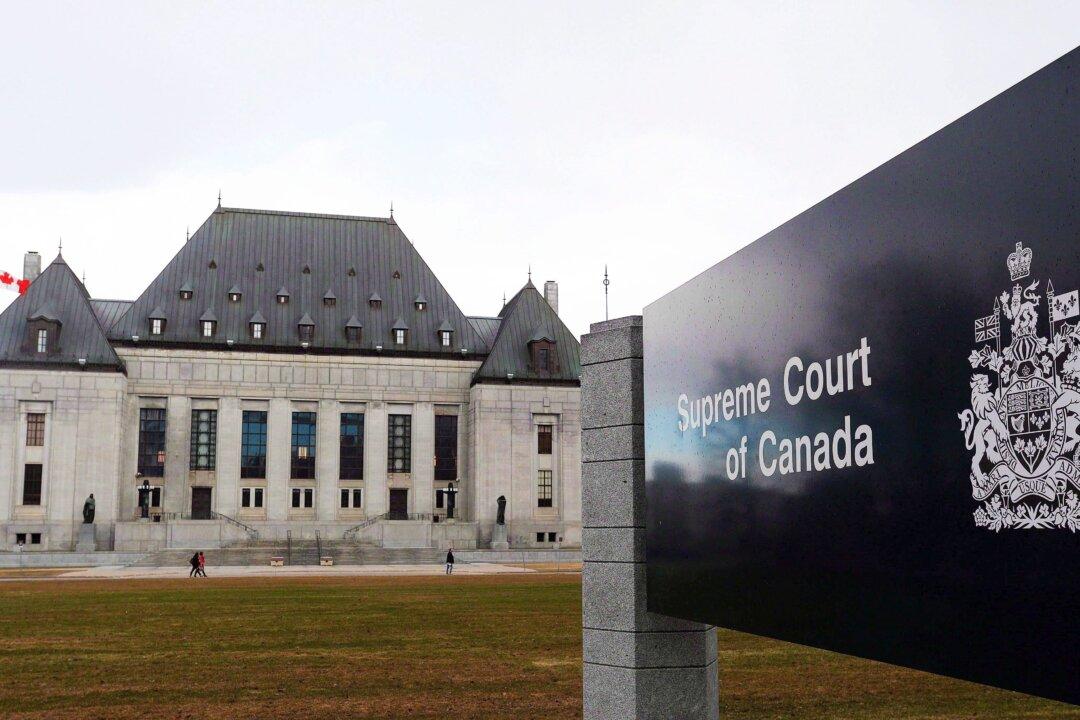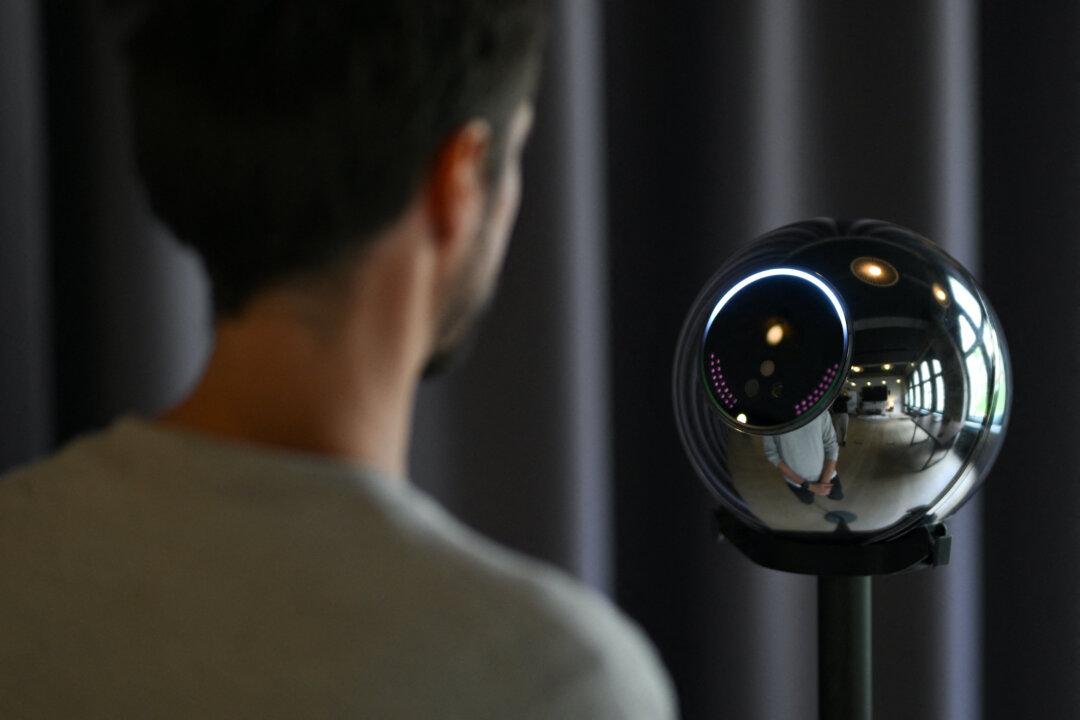Commentary
On June 30, 1979, Georgette Malette was seriously injured in a traffic accident near Kirkland Lake, Ontario. At the hospital, the attending physician concluded that she needed a blood transfusion to survive. However, Malette was a Jehovah’s Witness. She was unconscious but carried a card which specified that she was not to receive blood transfusions under any circumstances. The doctor proceeded anyway, believing it to be his professional responsibility to administer the transfusions to save her life.





